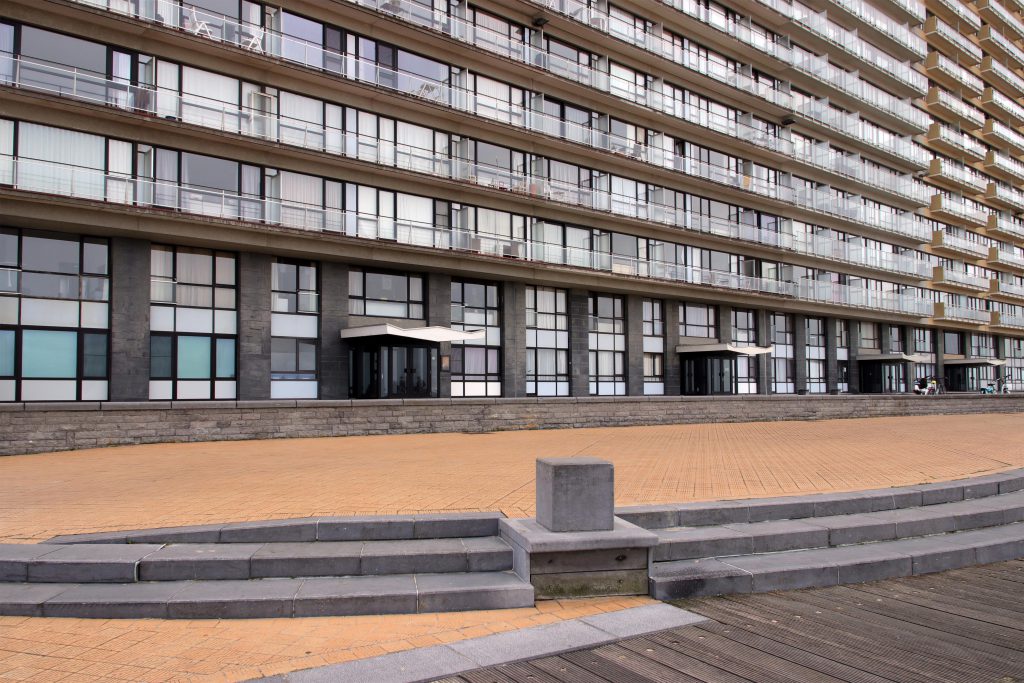Purchasing a property can be a thrilling experience, but what happens when the property comes with a tenant who has unpaid rent? In Belgium’s intricate real estate landscape, understanding the nuances of rental arrears during property transactions is crucial for both buyers and sellers.

Who claims the unpaid rent?
When you buy a property with existing rental arrears, the outstanding rent still belongs to the seller. Even though they no longer own the property, the seller retains the right to recover these arrears. The property’s sale doesn’t affect the seller’s claim to the unpaid rent. However, what the seller can’t do post-sale is terminate the lease due to non-payment. Only the new owner, or the buyer, has the authority to initiate such a request.
On the other hand, any arrears that accumulate after the property’s sale are the buyer’s responsibility to recover.
Can there be special agreements?
Absolutely. The buyer and seller can mutually agree that the rental arrears be transferred from the seller to the buyer. In such scenarios, the buyer assumes the responsibility of recovering the unpaid rent from the tenant. This kind of arrangement can be beneficial if the buyer wishes to maintain a positive relationship with the tenant or if the seller wants to ensure a smoother property transaction.
Waiving the right to recover arrears
There have been instances where a property buyer strikes a deal with the tenant. In exchange for the tenant vacating the property immediately, the buyer might agree to waive the outstanding rent. However, such agreements can be tricky. Why? Because they don’t bind the original property owner or the seller. The former owner, who still has a legitimate claim to the rental arrears, isn’t part of this agreement. This means the seller can still pursue the tenant for the unpaid rent, despite the buyer’s arrangement.
Key takeaways for property transactions
1. Due diligence: Before purchasing a property, especially one with a tenant, it’s essential to understand any existing rental arrears and who is responsible for them.
2. Clear communication: Both buyers and sellers should communicate openly about any outstanding rent and decide how to address it during the property transaction.
3. Legal counsel: Given the complexities of rental arrears in property sales, consulting with a legal expert can provide clarity and ensure that both parties’ rights are protected.
Conclusion
The realm of real estate transactions in Belgium, especially those involving tenanted properties, can be intricate. Understanding the nuances of rental arrears and who is responsible for them is crucial. Both buyers and sellers should be well-informed and consider seeking legal advice to navigate these complexities effectively. By doing so, they can ensure a smoother property transaction and foster a positive relationship with tenants.

 Open Immovlan
Open Immovlan